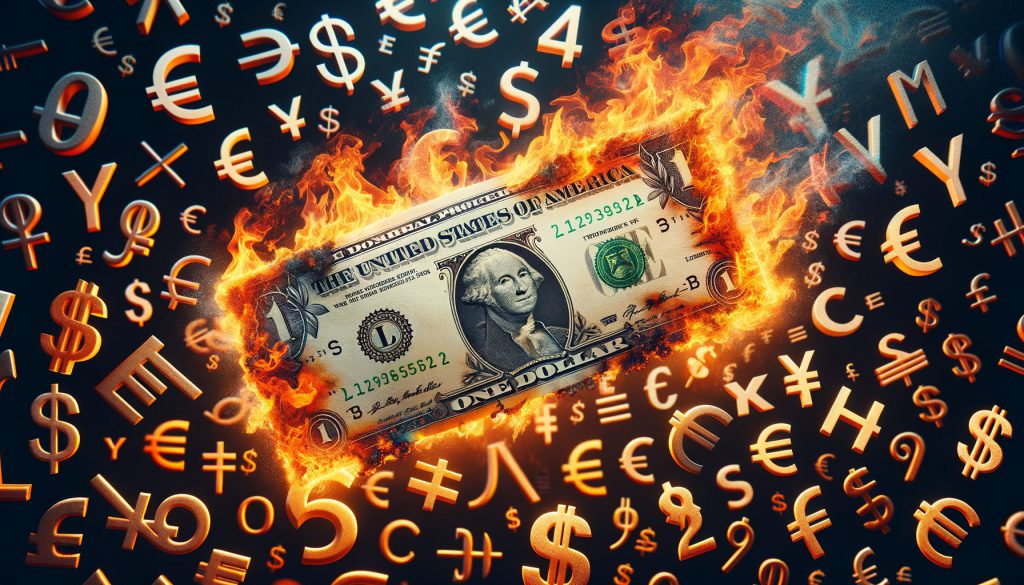De-Dollarization Accelerates: Goldman Sachs Picks 3 Asian Currencies Primed to Dominate
The dollar’s reign is cracking—and Goldman Sachs just placed bets on who might overthrow it.
Three Asian currencies are now in pole position as global finance’s ’Plan B’—because nothing says ’trust the system’ like hedging against it.
Here’s the brutal truth: When the world’s most powerful bank starts drafting escape routes from the USD, you know the game is changing. Will these currencies actually dethrone the dollar? Unlikely. But the fact they’re even in the conversation? That’s the real story.
Focus Shifts Towards “Non Traditional” Assets

Right now, the U.S. dollar and the euro still dominate global reserves. But according to Goldman Sachs analysts, there’s a clear shift underway. More countries are starting to put their trust, and their money, into alternative, or “non-traditional,” assets. This trend is largely being driven by rising geopolitical tensions and economic uncertainty.
De-dollarization is gaining traction. This is because of former US President Donald Trump’s tough tariff policies. These measures have prompted many to rethink their reserve currency preference. It has also raised concerns regarding the safety of U.S. assets. According to the analysts, the dollar diversification will likely continue. They further added,
Asian Currencies To Thrive Amidst De-Dollarization
The won’s demand abroad may increase if South Korea is included in the FTSE World Government Bond Index in 2025. This would further draw in foreign investment. Over the past month, there has been a prominent drop in the value of the U.S. dollar relative to the Singapore dollar and the won.
China has been aggressively pushing the yuan as a substitute across the globe. The People’s Bank of China is advancing blockchain-based digital yuan efforts, boosting its payment system (CIPS), and expanding cross-border financial services in Southeast Asia. In February, offshore yuan swap lines reached a record 4.3 trillion yuan or $591.2 billion.
Economists note that Trump’s tariffs, which are now the highest in a century, might harm the dollar’s reputation across the globe. This is particularly true with China’s trading partners. China is putting itself in a position to have a bigger say in changing the global financial system. As central banks diversify their reserves beyond the dollar, Asian currencies seem to be set for greater acceptance in this changing environment.

